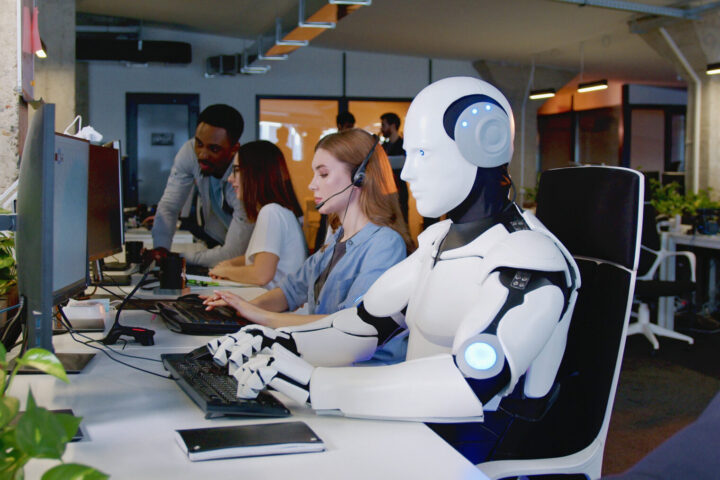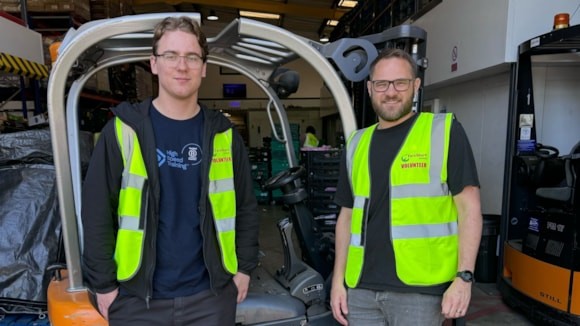Concerns about artificial intelligence (AI) replacing jobs are prompting many employees to withhold skills and knowledge from colleagues, according to research from technology consultancy Adaptavist.
The report, based on a survey of 4,000 knowledge workers across the UK, US, Germany and Canada, found that 35% of workers are actively gatekeeping knowledge to protect their job security, while 38% said they are reluctant to train others in areas they consider personal strengths.
The study indicated rising levels of “AI anxiety” among the workforce.
Around one in five workers (20%) said they are experiencing stress about being replaced by AI, with concerns particularly acute among younger employees.
Four in 10 Gen Z workers reported anxiety linked to AI adoption.
The report noted that entry-level and junior job opportunities have declined by 32% since 2022, contributing to the pressure.
However, the research suggested that the way AI is implemented, rather than the technology itself, determines whether workplaces experience fear or productivity gains.
Nearly half (48%) of workers in organisations where AI is well-integrated said they feel more motivated and energised, compared with just 19% where AI adoption is limited.
The findings also pointed to ongoing tensions around workload and collaboration.
Employees now spend an average of 4.3 hours per week in meetings, roughly the same amount of time they spend socialising with friends, and some are sending AI assistants to meetings on their behalf.
While 46% reported having seen this happen, 40% of workers viewed the practice as rude.
The report highlighted that workers generally believe they remain difficult to replace, with 60% saying their organisation would struggle to replace their skills.
Concern was shared across age groups, with 26% of workers over 55 also reporting anxiety about job security.
Neal Riley, innovation lead at The Adaptavist Group, said: “Workers are understandably concerned about the personal impact AI could have on them and their jobs, making it critical that business leaders act thoughtfully and empathetically when it comes to AI adoption.
“The onus is on these leaders to implement AI training and upskilling, alongside proper change management, to show employees how their careers can evolve alongside the technology.
“Companies should also create incentives for knowledge-sharing over hoarding, and encourage teams to feel safe enough to speak up, share ideas, and admit when things go wrong.”
Riley added: “Knowledge is a team sport that loses its value the moment it’s hoarded or walks out the door.
“The report confirms that when organisations embed AI with this structured approach, they build cultures where employees feel part of the journey. The result is a healthier, more engaged, and resilient workplace, one where technology supports people, rather than the other way around.”















